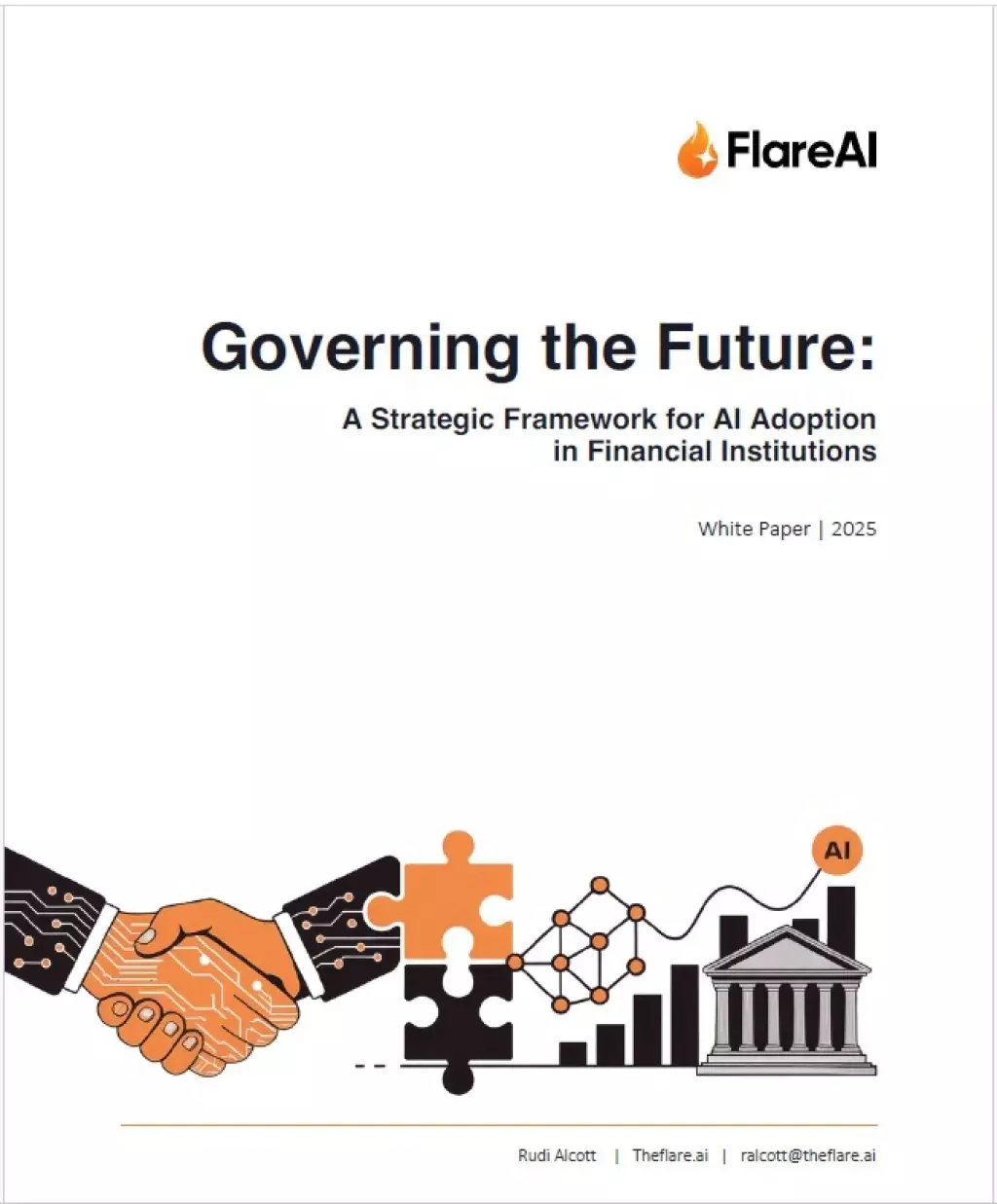Fannie Mae Partners with Palantir for AI Fraud Detection
Fannie Mae has announced the launch of its AI-powered Crime Detection Unit in partnership with Palantir Technologies, announced in a press release. This collaboration aims to enhance Fannie Mae's fraud detection capabilities using advanced AI-enabled financial crimes data science and investigations technology.
The new platform is designed to detect and prevent mortgage fraud with unprecedented speed and precision, potentially saving the U.S. housing market millions in future fraud losses. Palantir's technology will provide comprehensive monitoring for anomalous transactions and activities, helping to identify suspicious behavior and trigger investigative actions.
Fannie Mae, a major player in the U.S. housing market with over $4.3 trillion in assets, expects this partnership to significantly bolster the safety and soundness of the mortgage system. The integration of AI technology will allow the company to analyze millions of datasets to uncover previously undetectable patterns, thereby safeguarding the mortgage market for lenders, homebuyers, and taxpayers.
We hope you enjoyed this article.
Consider subscribing to one of our newsletters like Finance AI Weekly or Daily AI Brief.
Also, consider following us on social media:
Subscribe to Daily AI Brief
Daily report covering major AI developments and industry news, with both top stories and complete market updates
Whitepaper
Governing the Future: A Strategic Framework for AI Adoption in Financial Institutions
This whitepaper explores the transformative impact of artificial intelligence on the financial industry, focusing on the governance challenges and regulatory demands faced by banks. It provides a strategic framework for AI adoption, emphasizing the importance of a unified AI approach to streamline compliance and reduce operational costs. The document offers actionable insights and expert recommendations for banks with fewer than 2,000 employees to become leaders in compliant, customer-centric AI.
Read more
